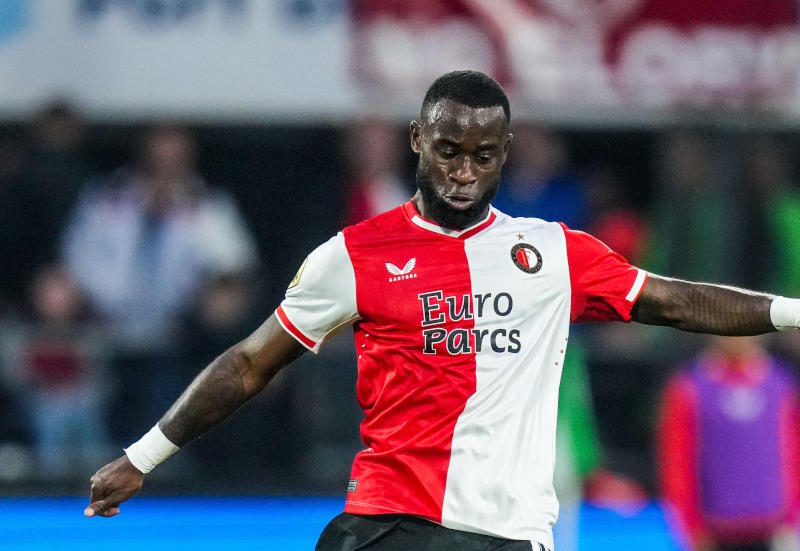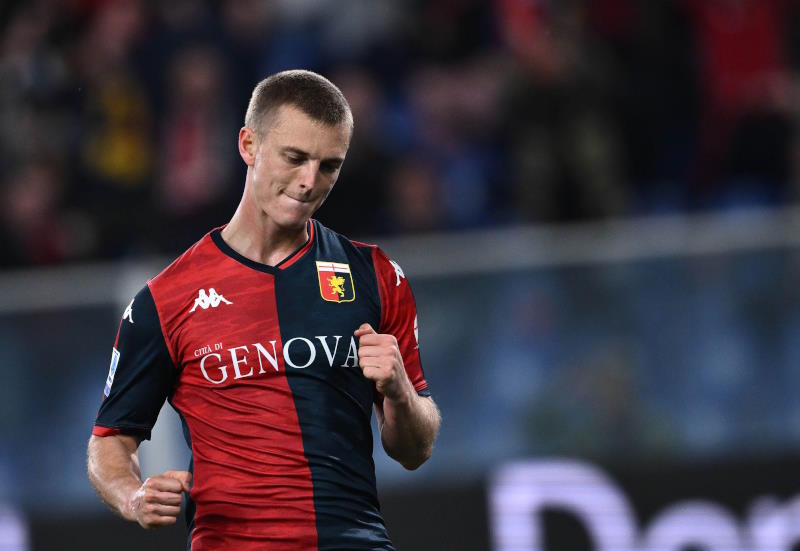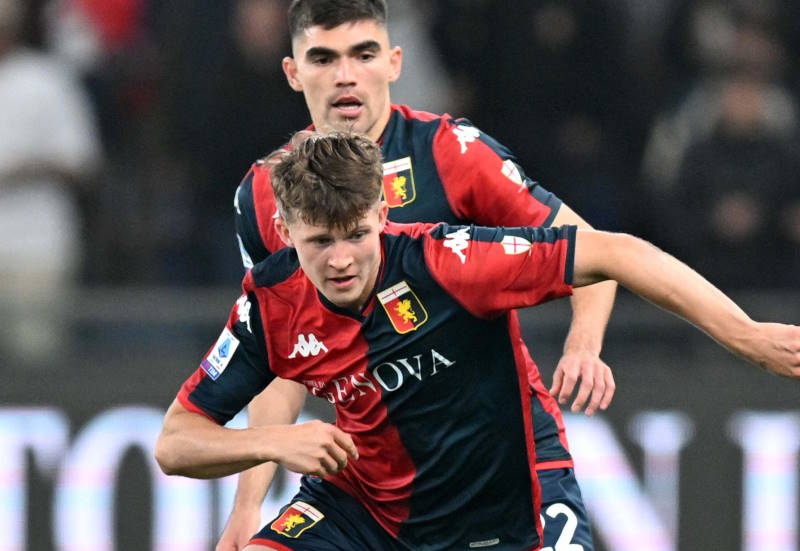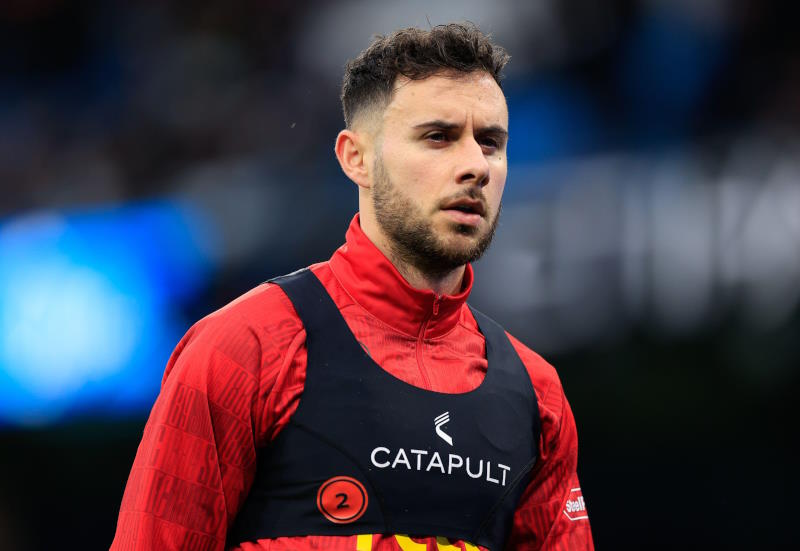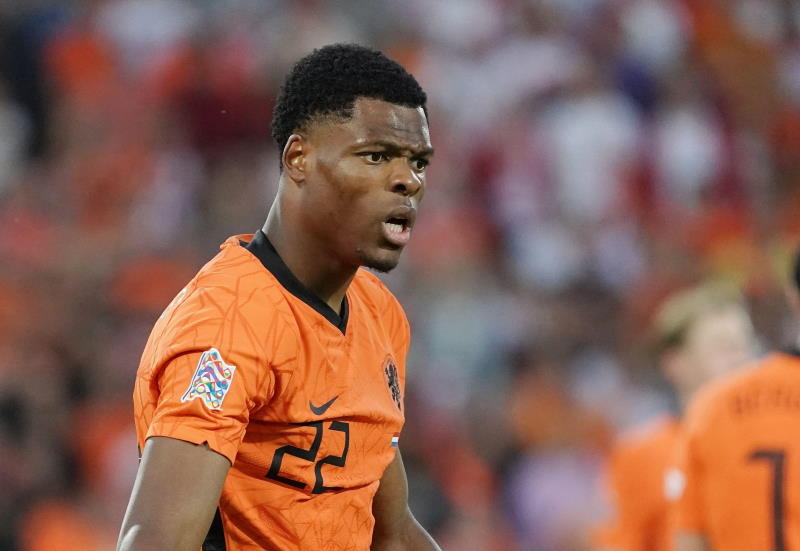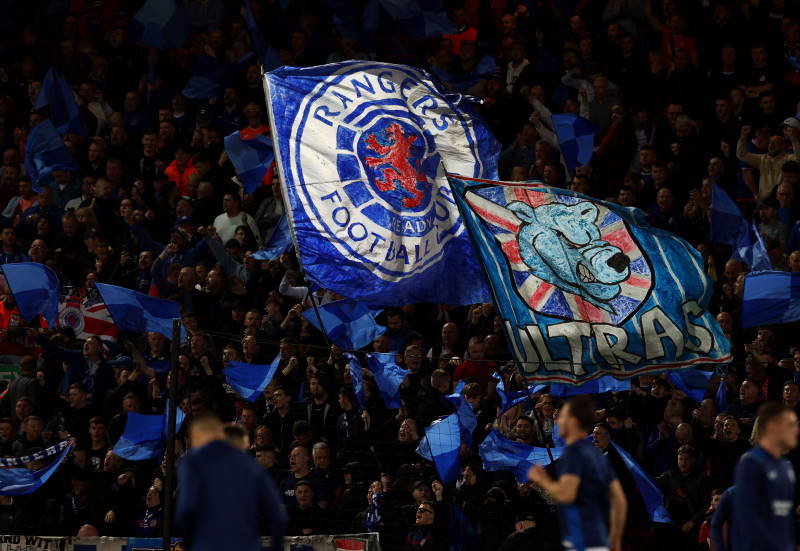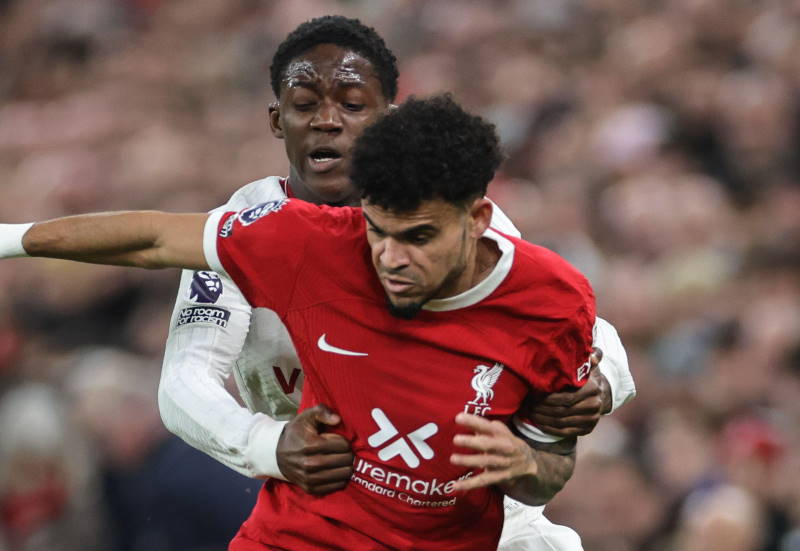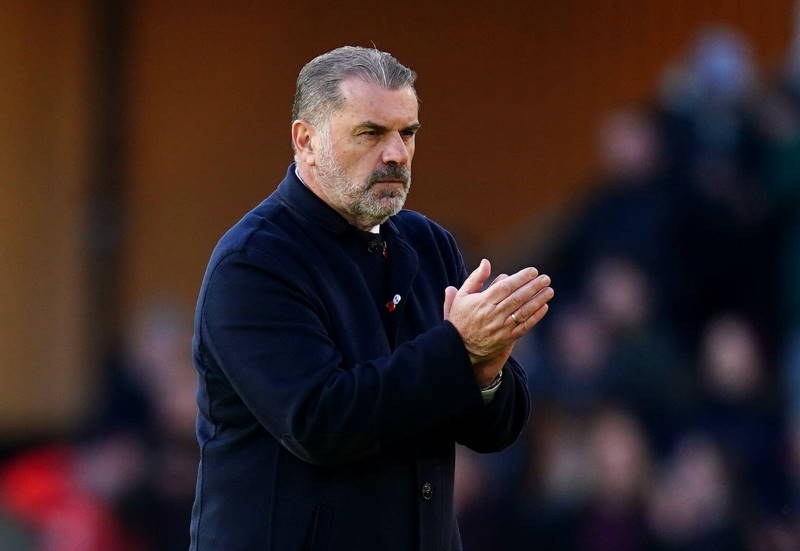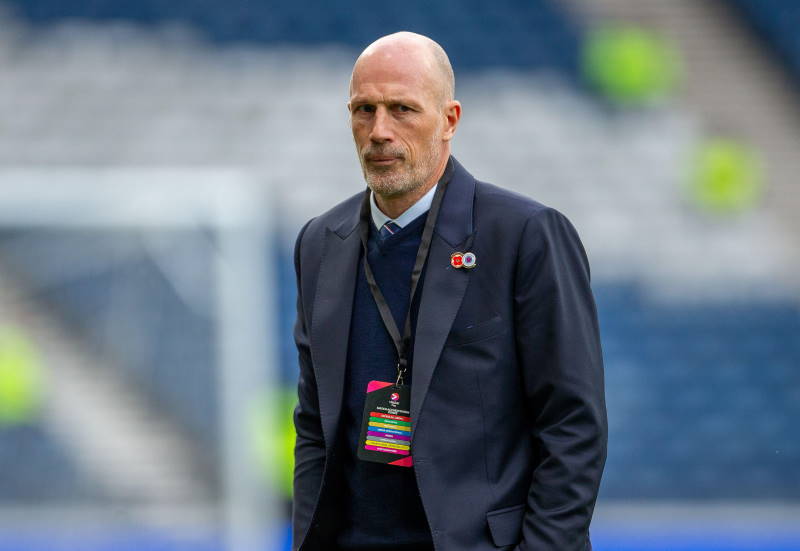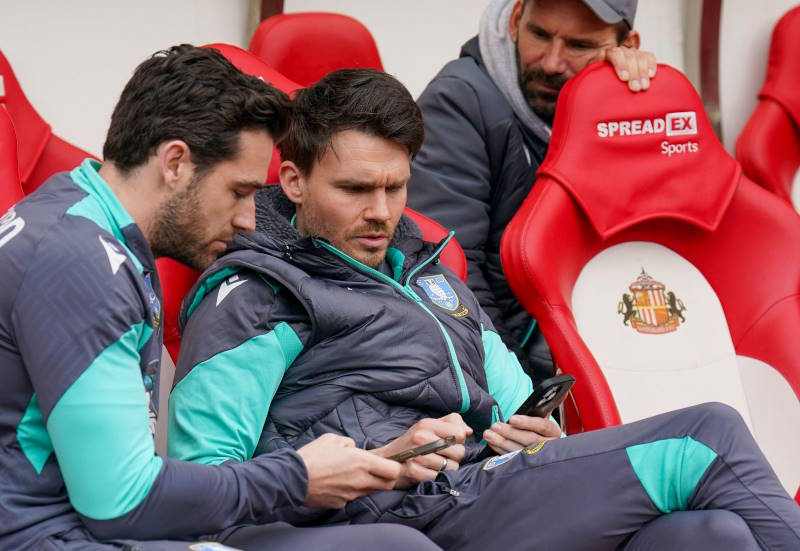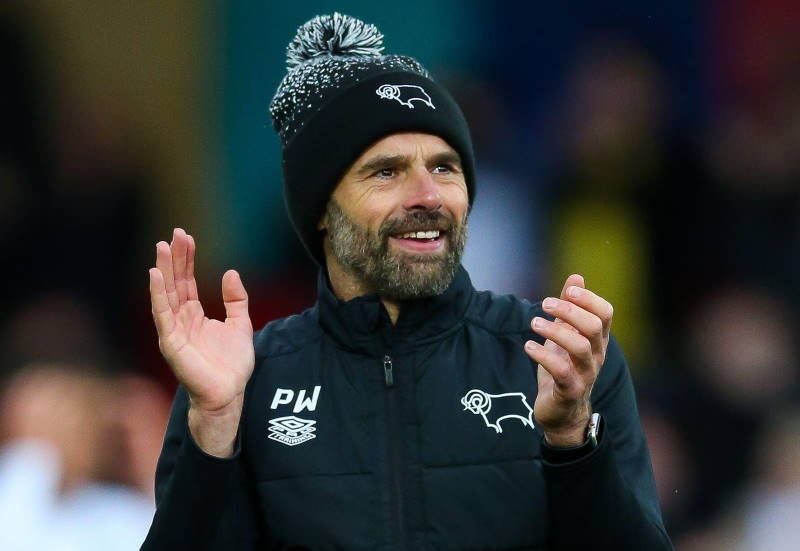
Andy Potts
How far would you go to save your team if the moneymen pulled the plug? For a trio of FC Moscow fans the answer is all the way to hospital.
The Russian side has been forced to resign from the top flight, despite a creditable sixth-placed finish last season, and faces an uncertain future after major sponsor Norilsk Nickel withdrew its funding at the end of January.
An unsuccessful auction failed to find a buyer before the 15th February Premier League registration deadline, and Moscow lost their place to Division One bronze medallists Alaniya Vladikavkaz.
The fact that the North Ossetian team has profitted from this has not gone unnoticed – in a reshuffle of Russia's regional politics, former Norilsk Nickel boss Alexander Khloponin became head of the newly-created North Caucasus administrative region including – you guessed it – Vladikavkaz.
Now, with FC Moscow reduced to a playing staff of 10 and coach Miodrag Bozovic planning a couple of months off before looking for a new job, a small group of committed fans is staging a hunger strike in a bid to secure the club's future.
And, according to daily sports paper Sovietsky Sport, the protest is already taking its toll. Kirill N reportedly collapsed on the Moscow Metro and had to spend two or three days in hospital, while Roman P's crash diet has seen him go from 120 kg to 105. Most alarmingly, Yury N is now awaiting "a serious operation on one of his internal organs", suggesting a commitment to the cause that might make even Bill Shankly to raise an eyebrow.
The club's fate remains unclear – Russian Football Union president Sergei Fursenko has promised that the team can continue in Division Two (Russia's regionalised, bottom-tier professional league) if it can guarantee its finances for the coming season.
That outcome would also enable the side to contest their Russian Cup quarter-final tie on 7th April – a clash with fellow second division side Volga Tver which appeared to be a mismatch when the draw was made last season.
But if cash is not forthcoming, FC Moscow could join Torpedo Moscow in the amateur ranks.
Ironically the Moscow club emerged from the messy divorce between Torpedo and the ZiL car plant which had sponsored the club in Soviet times, and retained the nickname "Avtozavodtsy", or "Autoworkers".
With the end of communism spelling the end of footballing subsidies, Torpedo was sold by the factory and split into two clubs – Torpedo-Luzhniki, owned by the management of Moscow's largest stadium, and Torpedo-ZiL, which later became FC Moscow as city mayor Yury Luzhkov sought to create a "citizens' team" in the Russian capital.
Torpedo-Luzhniki reverted to the old Torpedo name at the same time, but relegation from the top flight in 2006 set them on a spiral of decay which has left them in the amateur leagues.
Confusingly, a third Torpedo team emerged in Moscow in the early 2000s, backed by newspaper Rossiskaya Gazeta and playing at the Oktyabr Stadium near Shchukinskaya.
Following the demise of the original Torpedo, that club adopted the Torpedo-ZiL name and moved back to the Edward Streltsov Stadium, next to the car plant. Last season they finished mid-table in Division Two under the guidance of ex-Manchester United star Andrei Kanchelskis.
FC Moscow have become the highest profile casualties of a financial crisis in Russian football.
Last season First Division side MVD Russia (set up by the interior ministry and police force) folded mid-season, while division one rivals Vityaz Podolsk resigned in the close season.
Another high-profile victim was Rotor Volgograd – conquerors of Manchester United in the 1996 UEFA Cup – shut down over a tax bill. The Rotor name has now been adopted by FK Volgograd, who have taken Vityaz's place in Division One.
In total about 20 professional clubs have folded in the past two seasons, a worrying statistic for the Russian game.
Related Articles:
- – Why CIS Cup Won't Pique Russian Interest
- – Slutsky Must Manage Changed CSKA Reality
- – Russian Legend Valery Gazzaev Has Dynamo Kyiv Challenge


